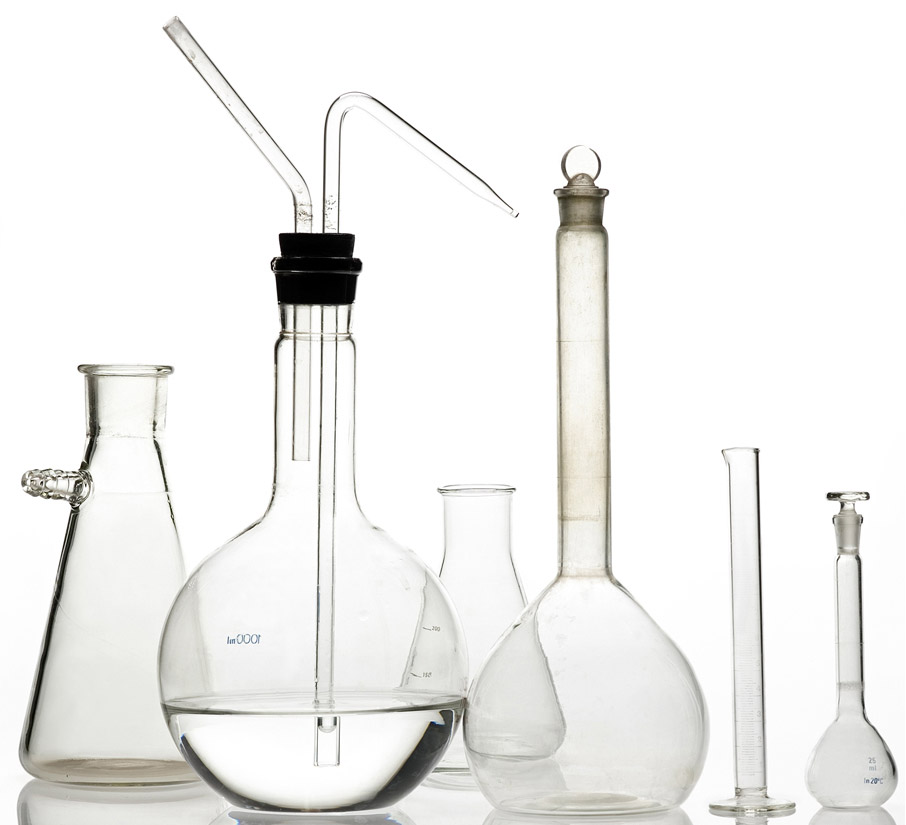You may be shocked to learn that the use of chemicals in textile manufacturing is generally unregulated. We expect that you find this as appalling as we do. It’s tempting to look the other way and grab those bargain products but in the end, we all pay for this false economy.

ZayZay has minimized its carbon footprint from the very first step: by starting with superb raw materials. Using 100% certified Giza Egyptian cotton, has eliminated the use of toxic chemical agents in ZayZay’s luxury linen. Our cotton is a long-staple fibre that’s naturally fine and silky, intrinsically strong, incredibly soft and naturally white. Because our cotton is hand-picked, there is no need for the heavy cleaning and processing required by machine-harvested cotton. Manufacturers using machine-harvested, inferior quality cotton and synthetic fabrics can only achieve these characteristics using harsh chemicals or additives. These chemicals include whiteners, softeners, binders, stabilizers and other fixatives used in pre- and post-treatments. Did you know that formaldehyde is commonly used to produce ‘wrinkle free’ fabrics? The disposal of these toxic production chemicals is inconsistently regulated, if at all.

Petroleum-based inks are the norm for low-quality products. These inks are especially harmful to the environment. Literally millions of pounds of toxic compounds are released into the environment, often disposed of in rivers. Why do so many manufacturers choose this option? Because rotary printing and oil-based inks cost less.
ZayZay uses only eco-friendly water-based inks. All of our inks are non-toxic so no harmful chemicals are used in the printing of your duvet cover. Our Giza Egyptian cotton holds colours more deeply with its amazing ability to absorb liquid. The result is a resilient vibrancy that maintains its colour fastness naturally.

Digital printing is exponentially kinder on the environment because of its much more moderate usage of water and energy than petroleum-based inks typically used in traditional textile printing.
We believe that cheap, badly made products not only threaten the environment with their manufacturing waste (not to mention the ever-growing landfill created by this year’s product being thrown away for next year’s), but also the underpaid workers who make them.
We believe you get what you pay for; and that the outrageous environmental and social price for ongoing conspicuous and disposable consumption is neatly hidden by the mirage of “great deals.”
To read more, Do You Trust the Fabric You Sleep in Every Night




